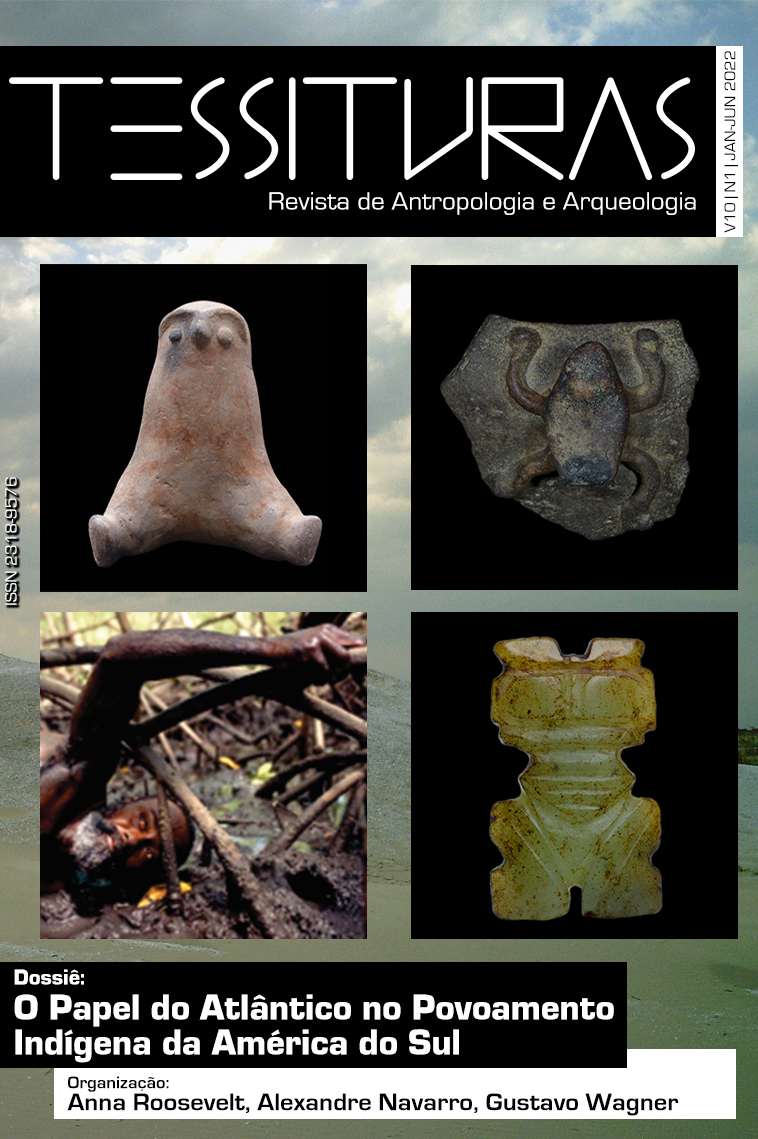THE SEQUENCE OF AMAZON PREHISTORY: A METHODOLOGY FOR ETHICAL SCIENCE
Résumé
This article is about my research on the prehistory of the mainstream lower Amazon in Brazil and problems in research ethics there. The "New Archaeology", my dissertation in the Orinoco, Venezuela, and my museum job led me rethink the human occupation of the tropical forest. I was influenced by 19th century naturalists' research on Amazon archaeology. They recognized an occupation that began thousands of years ago with hunters who made projectile points and monumental rock art and early fishing villagers with pottery and culminated by the time of the European conquest in populous civilizations with mounds and elaborately decorated pottery vessels and figures. But in the mid-twentieth-century, "scientific" archaeologists decided that the sequence had been short and derivative, impeded by the hot, humid tropical forest. They ignored the early cultures and attributed Amazonian cultures to intrusions from the Andes. When radiometric dating contradicted their chronology, they suppressed the problematic dates and when other North Americans came to do research they tried to prevent their excavation permits and criticized them with false statements about their own teams' results. Thus, they involved Brazilian proteges in unethical practices and prevented their rediscovery of the sequence of the 19th century naturalists.
##plugins.generic.usageStats.downloads##
Copyright (c) 2022 Tessituras: Revista de Antropologia e Arqueologia

Ce travail est disponible sous la licence Creative Commons Attribution 4.0 International .







